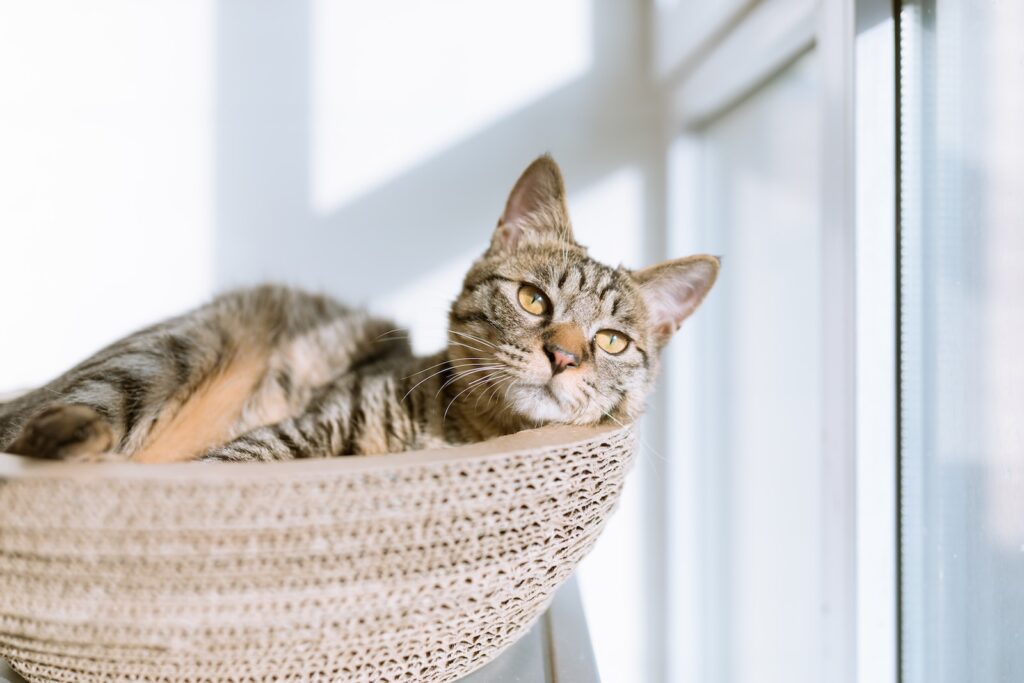Can Cats Eat Cherries? — No, They Can’t
Cherries might seem like a delicious and refreshing treat to humans, but unfortunately, they are not safe for our feline friends. It’s essential to prioritize the health and well-being of our cats, and that means keeping certain foods, such as cherries, out of their diet.
Is It Safe for Kittens to Consume Cherries?
Kittens should also avoid consuming cherries. Their delicate digestive systems are not equipped to handle the compounds found in cherries, which can lead to various health issues.
Risks Associated with Feeding Cherries to Kittens
Feeding cherries to kittens can pose several risks. Cherries contain substances like cyanide or other toxic compounds, which can lead to gastrointestinal upset, diarrhea, and even more severe complications in kittens.
Why Cherries are Not Recommended for Cats
The Pits and Toxic Compounds
One of the main reasons why cats should avoid cherries is the presence of the pits. Cherry pits can pose a choking hazard and may even cause intestinal blockages in cats if consumed. Additionally, cherries contain toxic compounds like cyanide, which can be harmful to cats when ingested.
Potential Allergic Reactions
Another reason to keep cherries away from your feline companion is the possibility of allergic reactions. Cats can have allergies to certain foods, including cherries, which can manifest as itching, swelling, breathing difficulties, or digestive issues.
Cats have sensitive digestive systems, and the consumption of cherries can easily upset their stomach. The high sugar content in cherries can lead to gastrointestinal upset, resulting in symptoms like diarrhea, vomiting, and discomfort in cats.
Known Health Issues in Cats from Consuming Cherries
Consuming cherries can potentially lead to health issues in cats, including gastrointestinal upset, stomach discomfort, diarrhea, and allergic reactions. It’s best to avoid exposing your cat to these risks by refraining from feeding them cherries.
What to Do If a Cat Has Consumed Cherries?
- Seek Veterinary Assistance: If you suspect your cat has consumed cherries, it’s crucial to consult your veterinarian immediately. They will be able to provide specific guidance based on your cat’s health and potential symptoms.
- Monitor for Symptoms: Keep a close eye on your cat for any signs of gastrointestinal upset or allergic reactions. If you notice symptoms like vomiting, diarrhea, difficulty breathing, or abnormal behavior, contact your vet for further assistance.
- Avoid Future Exposure: Ensure that your cat cannot access cherries or other foods containing them in the future. Keep cherries stored securely and out of your cat’s reach to prevent accidental ingestion.
Safe Alternatives to Cherries for Cats
While cherries are off-limits for cats, there are several safe and enjoyable alternatives you can consider as treats. Some suitable options include small pieces of cooked chicken, tuna, or freeze-dried meat treats specifically made for cats. Always make sure to check with your vet before introducing any new food into your cat’s diet.
Conclusion
When it comes to cherries, it’s best to keep them away from our furry companions. The pits, toxic compounds, potential allergic reactions, and gastrointestinal issues make cherries unsuitable for cats. Prioritizing their health and well-being means providing them with a balanced diet and safe treats. By understanding what foods are harmful to cats, we can ensure they lead happy and healthy lives.






